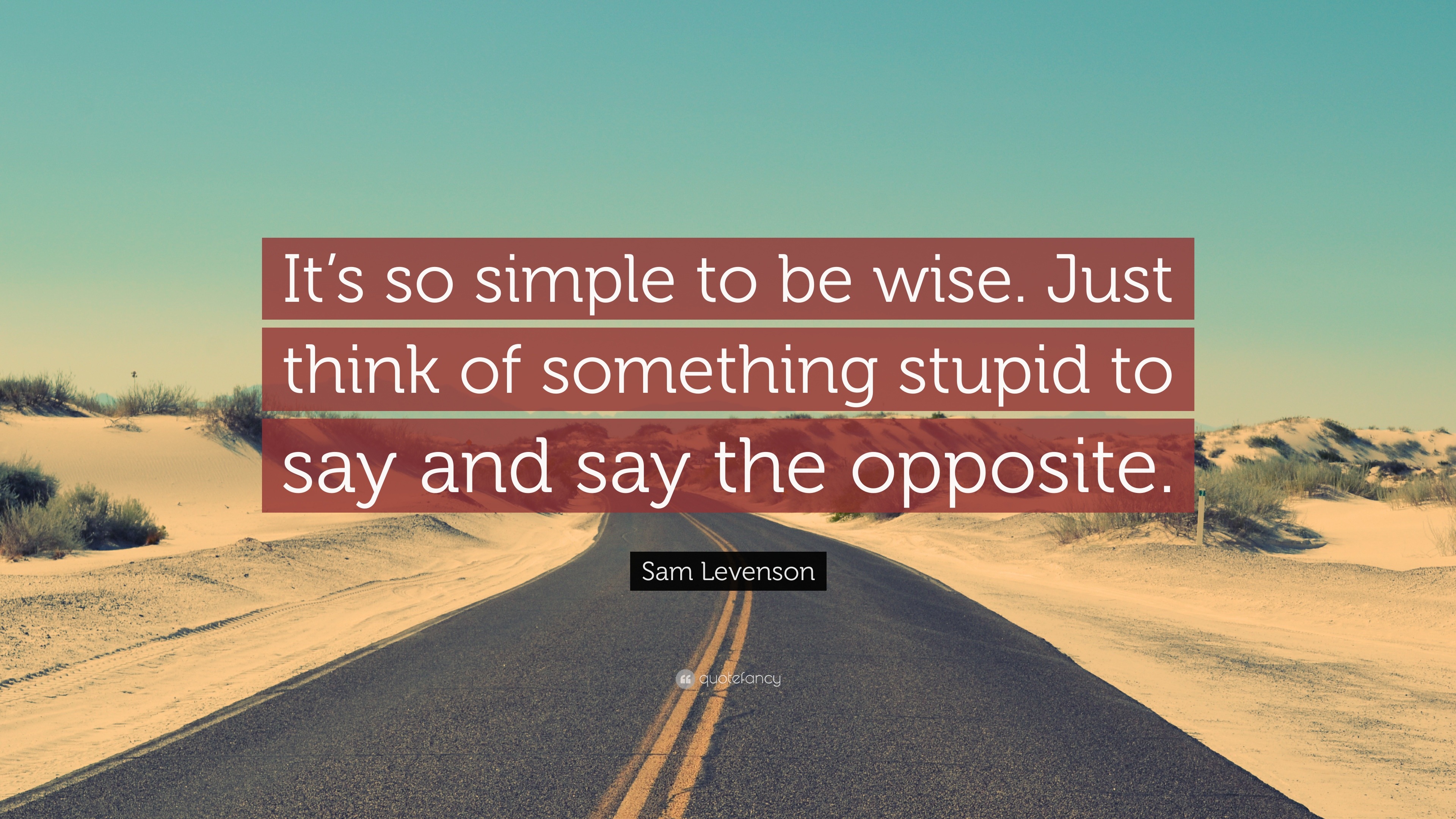In the intricate tapestry of human communication, there lies a fascinating phenomenon where language becomes a cloak for our true intentions. When characters say something that blatantly contradicts their inner thoughts or feelings, it creates a captivating dance of deception. Whether intentional or not, this verbal dissonance adds depth and intrigue to literary masterpieces and everyday interactions alike.

Image: www.youtube.com
Such linguistic sabotage often serves a purpose, veiling hidden motives and protecting vulnerable hearts. It can stem from a desire to maintain social harmony, avoid conflict, or manipulate others for personal gain. Regardless of its origin, the power of the spoken word—and the courage to wield it with calculated ambiguity—often leaves a lasting impact on both the speaker and the receiver.
The Subtext Behind the Words
The most compelling examples of verbal deception occur when characters utter statements that are diametrically opposed to their true feelings. A classic illustration of this is Jane Austen’s beloved novel Pride and Prejudice, where Mr. Darcy’s initial disdain for Elizabeth Bennet transforms into secret admiration. His curt and dismissive remarks toward her ironically reveal his growing infatuation, setting the stage for their eventual romantic union.
Verbal deception can take many forms. Sometimes, characters resort to outright falsehoods, employing cunning and deceit to achieve their goals. In Shakespeare’s Macbeth, for instance, the eponymous protagonist’s descent into darkness is fueled by deceptively charming promises from the witches and the manipulative cunning of his wife. In contrast, other characters may choose to cloak their true intentions in subtle hints, allusions, and ambiguous language, creating an air of mystery and intrigue.
The Consequences of Verbal Deception
The ramifications of verbal deception can be profound. When characters fail to align their words with their true intentions, a web of distrust and suspicion can ensnare relationships. Broken promises and shattered confidences can erode the trust that is vital for genuine human connection. Moreover, the dissonance between words and actions can lead to inner turmoil and psychological harm for the deceiver themselves.
Lies to Protect and Lies to Deceive
It is important to distinguish between benign and malicious forms of verbal deception. Sometimes, people resort to white lies or omissions to spare the feelings of others or to maintain delicate social situations. However, deliberate deception for manipulative or harmful purposes can have detrimental consequences.
Expert therapists unanimously advise against using words or actions to intentionally deceive other people in any aspect of life. By maintaining the highest levels of integrity and honesty at all times, the trust that is an inevitable byproduct will create the most sacred and valuable relationships.

Image: quotefancy.com
FAQs on Verbal Deception
Q: Why do people resort to verbal deception?
A: Verbal deception can stem from various motivations, such as maintaining social harmony, avoiding conflict, or pursuing personal gain.
Q: What are the potential consequences of verbal deception?
A: Verbal deception can damage relationships, erode trust, and lead to psychological harm.
Q: How can we avoid verbal deception in our daily lives?
A: By practicing honesty and integrity, we can minimize the use of verbal deception in our interactions.
When Characters Say Something That The Opposite
Conclusion
Verbal deception is an ever-present part of human communication, a dance between words and intentions that can reveal as much as it conceals. Understanding its nuances and consequences empowers us to navigate the complexities of everyday interactions with greater awareness and empathy.
Are you intrigued by the art of verbal deception? Share your thoughts and experiences in the comments below, as we continue to explore this fascinating aspect of human communication.
